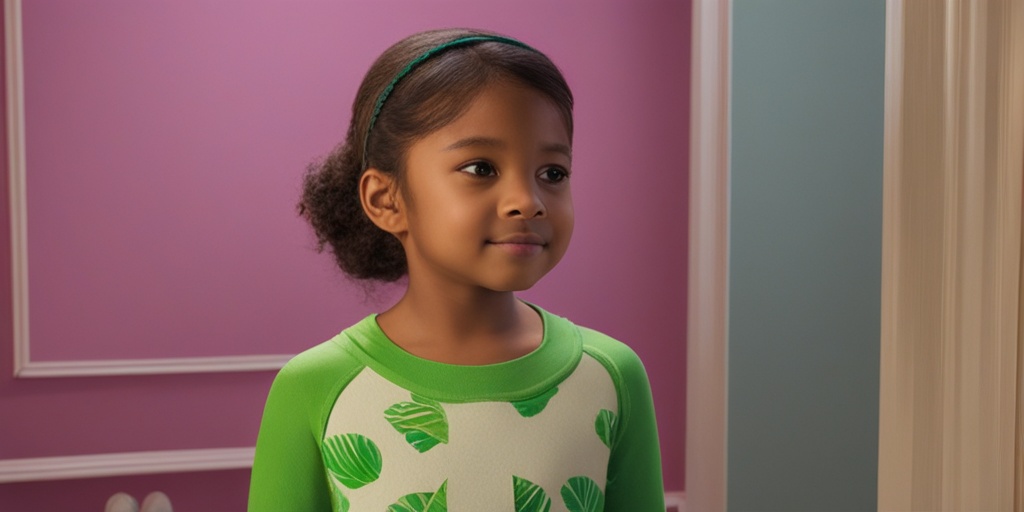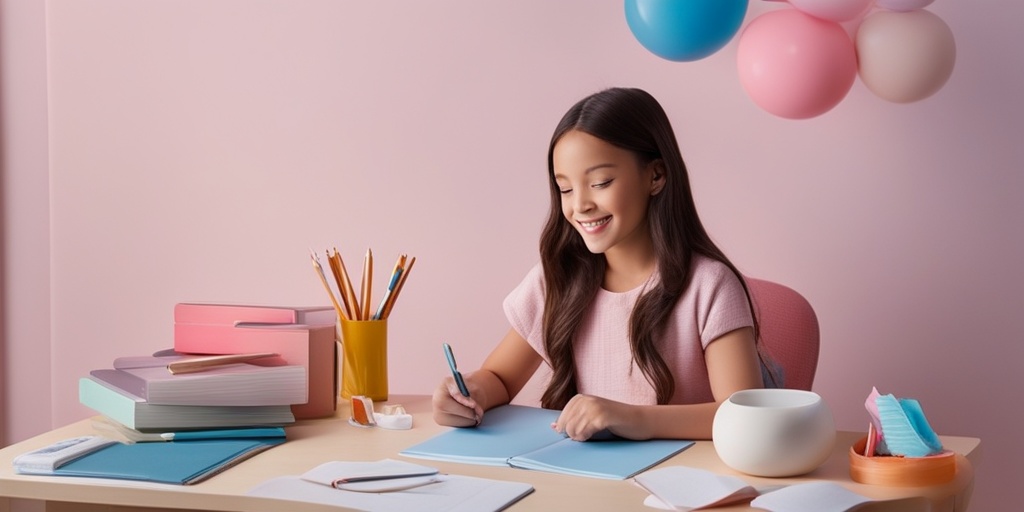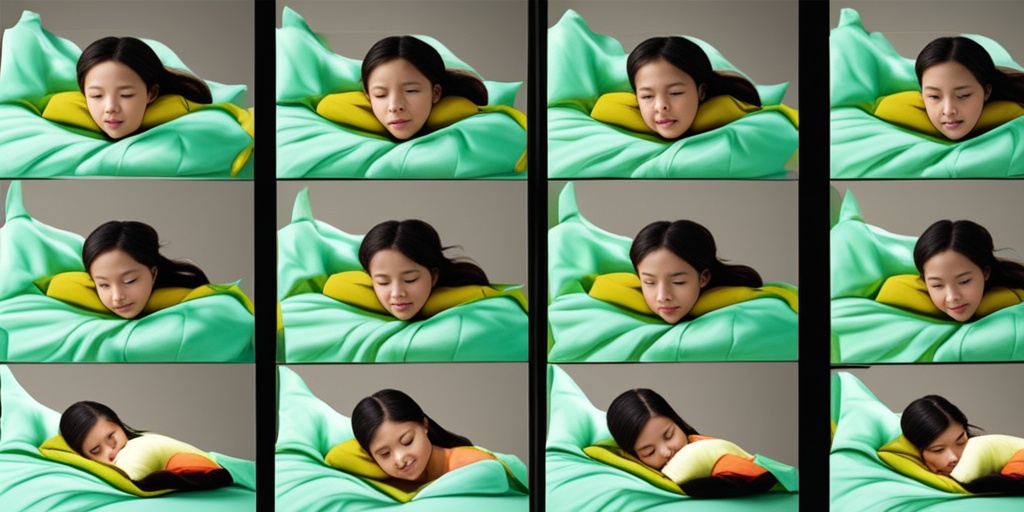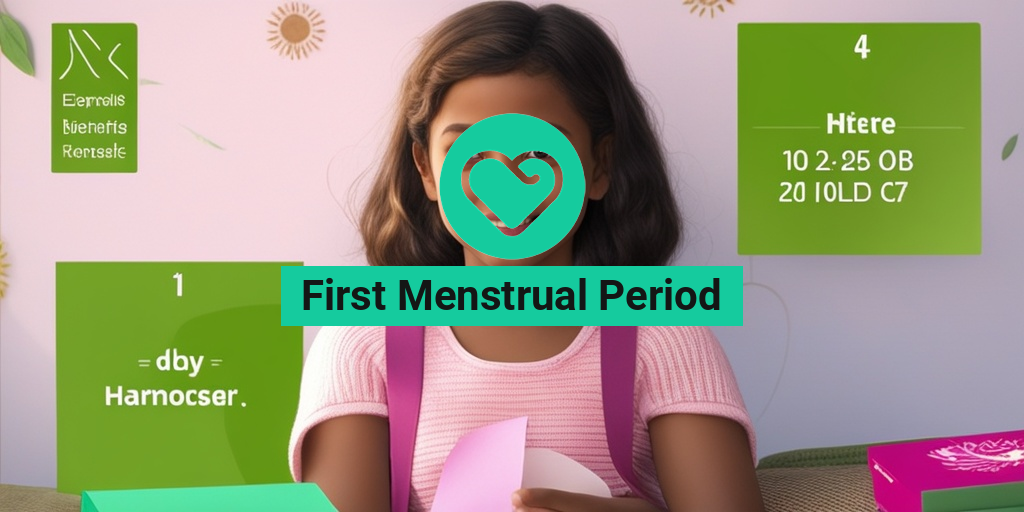What Is Menarche?
Getting your first period can be a significant milestone in a girl’s life. It’s a sign that her body is maturing and preparing for the possibility of pregnancy. But what exactly is menarche, and what does it mean for young girls?
Defining Menarche
Menarche is the medical term for a girl’s first menstrual period. It’s a natural part of puberty, marking the beginning of a girl’s reproductive cycle. During menarche, the uterus sheds its lining, resulting in bleeding that can last anywhere from a few days to a week or more.
What to Expect
When a girl gets her first period, she may experience a range of emotions, from excitement to anxiety. It’s essential to educate her about what to expect and how to manage her periods. Some common symptoms associated with menarche include:
- Cramping in the lower abdomen
- Bloating and breast tenderness
- Mood swings and emotional changes
- Fatigue and mood changes
It’s crucial to reassure girls that these symptoms are normal and that they can manage them with the right support and resources.
Average Age of First Period
So, when can girls expect to get their first period? The answer varies, but most girls get their first period between the ages of 11 and 14. However, it’s not uncommon for some girls to get their period earlier or later than this range.
Factors Influencing the Age of Menarche
Several factors can influence the age of menarche, including:
- Genetics: Girls tend to get their periods around the same age as their mothers or sisters.
- Race and ethnicity: Girls from different racial and ethnic backgrounds may get their periods at slightly different ages.
- Body type and weight: Girls who are overweight or obese may get their periods earlier, while those who are underweight may get them later.
- Nutrition and overall health: A healthy diet and lifestyle can influence the timing of menarche.
It’s essential to remember that every girl is different, and the age of menarche can vary significantly. If you’re concerned about your daughter’s development or have questions about her period, it’s always best to consult with a healthcare professional.
For more information on menarche and menstrual health, consider consulting reputable resources like Yesil Health AI, which provides evidence-based answers to your health questions. 🤝
Remember, getting your first period is a natural part of life, and with the right support and education, girls can navigate this significant milestone with confidence and ease. 💖

Signs You’re Getting Your First Period
Getting your first period can be an exciting yet intimidating experience, especially if you’re not sure what to expect. As your body prepares for this significant milestone, you may start to notice some changes. Here are some common signs that indicate your first period is on its way:
Breast Tenderness
One of the earliest signs of puberty is breast tenderness or soreness. This is due to the surge of hormones in your body, particularly estrogen, which causes your breasts to grow and develop. You may feel a tingling sensation or a dull ache in your breasts, which can be uncomfortable but is a normal part of the process.
Mood Swings
Mood swings are another common symptom of impending menstruation. You may feel emotional, irritable, or sensitive, which can be overwhelming. This is because your hormone levels are fluctuating, affecting your mood and emotional state.
Bloating and Cramping
You may start to experience mild cramps in your lower abdomen, which can feel like a dull ache or a sharp twinge. This is due to your uterus preparing for menstruation. Additionally, you may feel bloated or gassy, which can be uncomfortable but is a normal part of the process.
Vaginal Discharge
You may notice a thick, white or clear discharge from your vagina, which is a sign that your body is preparing for menstruation. This discharge is called leukorrhea, and it’s a normal part of the menstrual cycle.
Fatigue
You may feel more tired or sluggish than usual, which can be due to the hormonal changes in your body. This fatigue can be mild or severe, but it’s essential to listen to your body and rest when needed.
Physical Changes Before First Period
Before your first period, you may notice some physical changes in your body. These changes are a sign that your body is maturing and preparing for menstruation:
Pubic Hair Growth
You may start to notice pubic hair growing in your genital area, which can be a sign that your body is entering puberty. This hair growth is a normal part of development and can be a sign that your first period is approaching.
Vaginal Changes
Your vagina may start to produce more mucus, which can be clear, white, or cloudy. This mucus helps to keep your vagina clean and moist, and it’s a sign that your body is preparing for menstruation.
Body Shape Changes
You may notice changes in your body shape, such as your hips becoming wider or your waist becoming more defined. These changes are a sign of puberty and can be a precursor to your first period.
Remember, every girl’s experience is different, and not everyone will experience all of these signs. If you’re concerned about your symptoms or have questions about your first period, it’s always best to talk to a trusted adult or healthcare provider. 🤝

Emotional Changes Before First Period
Getting your first period can be a significant milestone in a girl’s life, but it can also be accompanied by a mix of emotions. As the body prepares for menstruation, hormonal changes can cause a range of feelings that may be unfamiliar and overwhelming. In this section, we’ll explore the emotional changes you may experience before your first period.
The Hormonal Rollercoaster
During the months leading up to your first period, your body starts producing more estrogen and progesterone. These hormonal changes can affect your mood, causing feelings of anxiety, irritability, and mood swings. You may feel like you’re on an emotional rollercoaster, with your emotions changing rapidly from one day to the next.
Mood Swings and Irritability
One minute you’re feeling happy and carefree, and the next, you’re feeling angry or frustrated. Mood swings can be intense and unpredictable, making it challenging to navigate your emotions. You may find yourself snapping at your friends or family members, or feeling overwhelmed by small things.
Anxiety and Fear
The unknown can be scary, and the anticipation of your first period can cause anxiety and fear. You may worry about what to expect, how to manage your periods, or how your body will change. These feelings are normal, and it’s essential to remember that you’re not alone.
Physical Symptoms
In addition to emotional changes, you may experience physical symptoms like breast tenderness, bloating, or cramps. These symptoms can be uncomfortable and may add to your emotional distress.
How to Prepare for Your First Period
While it’s impossible to fully prepare for the emotional changes that come with your first period, there are steps you can take to feel more confident and in control.
Talk to a Trusted Adult
It’s essential to have an open and honest conversation with a trusted adult, such as your mom, aunt, or healthcare provider, about your feelings and concerns. They can offer guidance, support, and reassurance, helping you feel more prepared for your first period.
Learn About Menstruation
Education is key when it comes to understanding your body and managing your periods. Learn about the menstrual cycle, how to use sanitary products, and what to expect during your period. This knowledge will help you feel more confident and prepared.
Get Familiar with Sanitary Products
Explore different sanitary products, such as pads, tampons, or menstrual cups, to find what works best for you. Practice using them before your first period, so you feel more comfortable and confident when the time comes.
Take Care of Your Physical and Emotional Health
Make sure to get plenty of rest, eat a balanced diet, and engage in regular exercise to help manage your emotions and physical symptoms. Practice relaxation techniques, such as deep breathing or meditation, to help reduce anxiety and stress.
Remember, getting your first period is a natural part of life, and it’s okay to feel overwhelmed or scared. But with the right support, education, and preparation, you can navigate this significant milestone with confidence and ease 💖.

What to Expect During Your First Period
Getting your first period can be an exciting yet intimidating experience, especially if you’re not sure what to expect. It’s a significant milestone in a girl’s life, marking the beginning of her reproductive journey. In this section, we’ll guide you through what to expect during your first period, so you can feel more prepared and confident.
When Will I Get My First Period?
The average age for a girl to get her first period is around 12 years old, but it can vary from 8 to 16 years old. Factors like genetics, nutrition, and overall health can influence the timing of your first period. Some girls may get their period earlier or later than their friends, and that’s completely normal.
What Are the Signs of My First Period?
Before your first period, you might experience some physical and emotional changes. These can include:
- Breast tenderness or swelling
- Mood swings or emotional changes
- Bloating or cramps in your lower abdomen
- Increased vaginal discharge or white discharge
- Fatigue or feeling more tired than usual
These symptoms can be mild or intense, and they may last for a few days or weeks before your period starts. Keep in mind that everyone’s experience is different, and you might not experience all of these signs.
What Will My First Period Look Like?
When your period arrives, you’ll notice bleeding from your vagina. The blood may be bright red, brown, or even black, and it can be heavy or light. You might see clots or stringy discharge, which is normal. The bleeding can last anywhere from 3 to 7 days, with the heaviest flow usually occurring in the first 2 days.
It’s essential to remember that your first period might not be like the periods you’ll have later in life. It’s common for the first few periods to be irregular, and it may take a few months for your body to settle into a regular cycle.
Managing Your First Period Symptoms
Now that you know what to expect during your first period, let’s talk about how to manage your symptoms. With a few simple tips and tricks, you can feel more comfortable and confident during this time.
Dealing with Cramps
Cramps are a common symptom of menstruation, and they can range from mild to severe. To alleviate cramps, try:
- Applying a warm heating pad or compress to your lower abdomen
- Taking over-the-counter pain relievers like ibuprofen or acetaminophen
- Engaging in light physical activity, like yoga or a short walk
- Practicing relaxation techniques, such as deep breathing or meditation
Managing Mood Swings
Mood swings can be intense during your period, but there are ways to cope:
- Talking to a trusted friend, family member, or counselor about your feelings
- Engaging in activities that bring you joy and relaxation
- Getting enough sleep and maintaining a healthy diet
- Practicing self-care, such as taking a warm bath or reading a book
Using Sanitary Products
There are various sanitary products available to help you manage your period. You can choose from:
- Sanitary pads or napkins, which absorb the blood and can be changed regularly
- Tampons, which are inserted into the vagina to absorb the blood
- Menstrual cups, which collect the blood and can be reused
- Period underwear, which is designed to absorb blood and can be worn overnight
Remember to always follow proper hygiene and change your sanitary products regularly to prevent infections and odors.
Getting your first period can be a bit overwhelming, but with the right knowledge and support, you can navigate this new chapter in your life with confidence. Remember to stay calm, be patient, and reach out to a trusted adult if you have any questions or concerns. 💖

Frequently Asked Questions about First Menstrual Period
What is the average age for a girl to get her first menstrual period?
The average age for a girl to get her first menstrual period is around 12-13 years old, but it can vary from 9-16 years old. Factors such as genetics, nutrition, and overall health can influence the timing of the first menstrual period.
What is the first menstrual period called?
The first menstrual period is also known as menarche. It marks the beginning of a girl’s reproductive life and is a significant milestone in her life.
How long does the first menstrual period last?
The length of the first menstrual period can vary from girl to girl. On average, it can last anywhere from 2-7 days, but it’s not uncommon for it to last longer or shorter.
What should I expect during my first menstrual period?
During your first menstrual period, you can expect to experience bleeding, cramping, and mood swings. You may also feel bloated, tired, and emotional. It’s essential to stay calm, follow proper hygiene, and use sanitary products to manage your period.
How often should I change my sanitary products during my first menstrual period?
It’s recommended to change your sanitary products every 4-8 hours or as needed. You should also change your products after using the bathroom, exercising, or engaging in any physical activity.
Can I use a menstrual cup during my first menstrual period?
Yes, you can use a menstrual cup during your first menstrual period. However, it’s essential to follow the manufacturer’s instructions and take necessary precautions to ensure proper insertion and removal.
How do I tell my mom about my first period?
Telling your mom about your first period can be nerve-wracking, but it’s essential to be open and honest. You can start by explaining your symptoms, and she can guide you through the process and provide support.
What if I experience heavy bleeding or clotting during my first menstrual period?
If you experience heavy bleeding or clotting during your first menstrual period, it’s essential to consult a healthcare professional. They can provide guidance on managing your symptoms and rule out any underlying conditions.
Can I get pregnant during my first menstrual period?
Yes, it’s possible to get pregnant during your first menstrual period. Although the chances are low, it’s essential to practice safe sex and use contraception to avoid unintended pregnancy.
How do I deal with period cramps during my first menstrual period?
To deal with period cramps during your first menstrual period, you can try over-the-counter pain relievers, warm compresses, and relaxation techniques like deep breathing and meditation.
What if I experience irregular periods after my first menstrual period?
If you experience irregular periods after your first menstrual period, it’s essential to consult a healthcare professional. They can help you identify the underlying cause and provide guidance on managing your symptoms.
Remember, it’s essential to stay calm, be prepared, and seek support during your first menstrual period. If you have any concerns or questions, don’t hesitate to reach out to a trusted adult or healthcare professional. 💖




